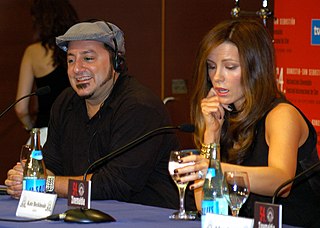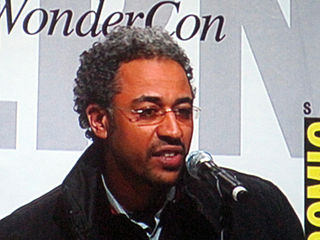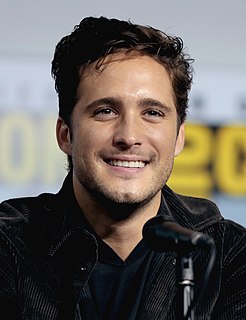A Quote by John Green
My responsibility is to try to tell true stories. To me a true story is always hopeful, but never simply, uncomplicatedly happy.
Related Quotes
I gravitate to stories that I feel I can tell well, and that will have a positive affect on the viewer. That doesn't mean it always has to have a happy ending, but I always like to try to tell a story that will make people think in a new way or come to their own constructive resolution on a particular topic. Or simply, just to experience something collectively and say: "Yeah, I know how that feels".
I pitched the idea to FX that there's this larger 'Fargo' universe where there's true crime in the upper Midwest, and I can tell stories from any era of that. Maybe they connect to the first season or the movie, or maybe they don't. It's just a style of storytelling. We're under the auspices of being a true story that isn't true.
I learned as a really young kid, when my dad was telling me one story and my mom was telling me another that, even as a 5-year-old boy, there was no way that both of these stories are true. Something in the middle is true, and I have to figure out what it is, what the truth is, and I never did quite figure that out.

































